Attacks on transgender students nationally is felt locally
Students protest to protect the rights of transgender students on the anniversary of the Stonewall Riots.
Since the start of this year, dozens of bills have been introduced in states across the country prohibiting healthcare for transgender youth and excluding them from athletic programs.
17 states have introduced bills prohibiting healthcare for transgender youth, including on February 25 of this year, the state of Texas. 25 states have introduced bills excluding transgender youths from school athletic programs. In the state of Texas, that bill was introduced on January 21 of this year.
Back in 2011, the Houston Independent School District passed non-discrimination protections that include gender identity, gender expression and sexual orientation. In 2016, the district reinforced federal protections for transgender students against discrimination in the use of restrooms and locker rooms.
Individual schools in HISD have also taken their own actions on transgender students rights. The Straight Gay Alliance (GSA) is a student run club in Cesar E. Chavez High School, which provides a safe place for students to meet, support each other, talk about issues related to sexual orientation and gender identity and expression, and work to end homophobia and transphobia. In addition to support, some GSAs work on educating themselves and the broader school community about sexual orientation and gender identity issues.
Another example would be the Sharpstown High School LGBTQ+ Student Organization. The Sharpstown LGBTQ+ Organization’s mission is to provide safe place for LGBTQ+ students to ask questions, attend events, learn about resources, and create friendships.
However, the slate of bills attacking transgender student rights could rollback progress made so far in expanding the rights of transgender students.
“Trans students have a much higher risk of being bullied, and many don’t feel safe being themselves at school. I’ve heard of teachers refusing to respect student’s names and pronouns, of students being denied care and help because they are trans,” said transgender student and former CVHS student Elias.
However, Elias considers himself lucky to attend CVHS, where he highlights that the campus population is more inclusive of transgender students.
“I’ve had to deal with my fair share of unsolicited and invasive comments and questions, and little microaggressions from people. But, that being said, I have never felt unsafe on campus because I’m trans. I know that there are many adults at Carnegie that I can fall back on if I am facing issues. But I also understand that just going to an accepting school like Carnegie puts me in a certain position of privilege, and not everyone has a school environment that is conducive to their journey,” said Elias.
Elias feels that the district still has a long way to go and needs to be more support services in place for transgender students.
“Honestly, from what I’ve heard, crisis networks lack education and awareness in most places. It would also be really helpful if being trans, and just being LGBTQ+ in general was at least touched on in sex-ed classes. Honestly, just in education in general. Another subject that is severely lacking in representation for trans people is history – we hardly ever get to hear about those who came before us, which can be very isolating and also frustrating. So in short, we need better education, not only in our classes but for the people who are supposed to be there to support us as students,” said Elias.
Elias also suggests providing gender-neutral bathrooms on campuses.
Providing gender-neutral bathrooms on campus would lessen some of the anxiety that I felt when I first came out, and that I know a lot of other trans people feel,” said Elias.
According to Elias, showing that transphobia is not tolerated on campuses can go a long way to helping transgender students feel more accepted.
“A lot of the time, trans kids feel like it’s us, alone, against the world. And while we shouldn’t have to feel this way, it’s often true. In short, it’s nice to say you love and accept us, but what we really need is for you to show us that you love and accept us, and that you’re there to support us, not just for “inclusivity points.”
Your donation will support the student journalists of Carnegie Vanguard High School. Your contribution will allow us to cover our annual website hosting costs and fund field trips, competition fees, and equipment. We appreciate your support!

Abigail Nunez, has two older brothers and a best friend named Esperanza. She has always had a thing for sports , and now plays with the u17 National Salvadorian...



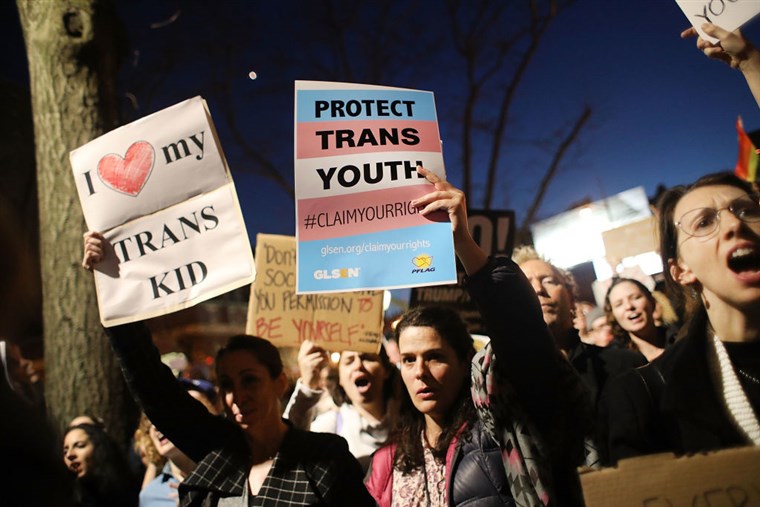
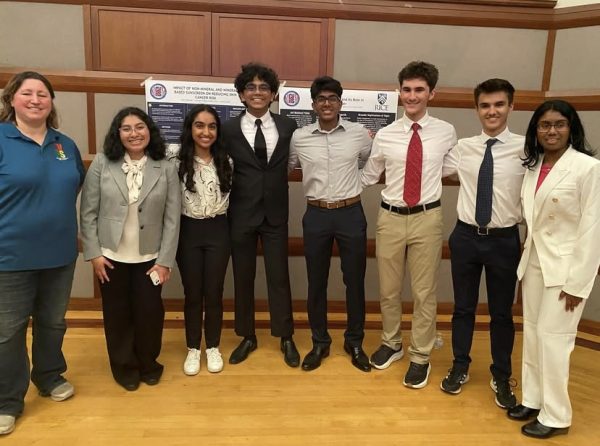
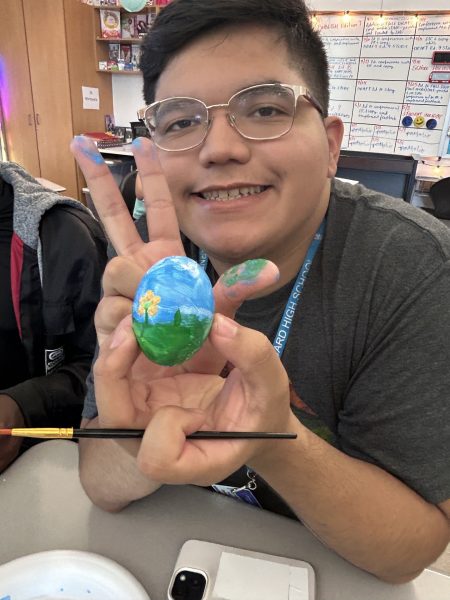

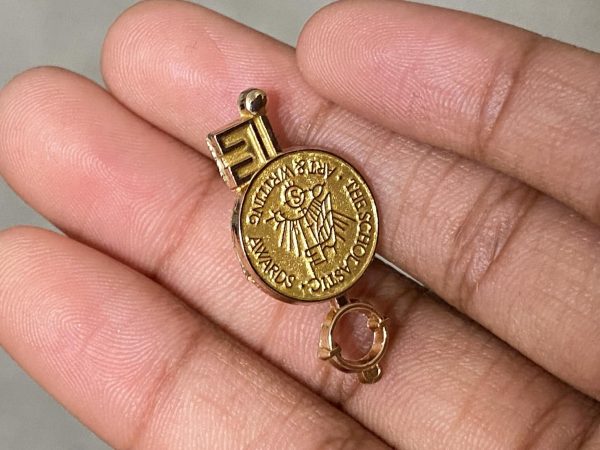
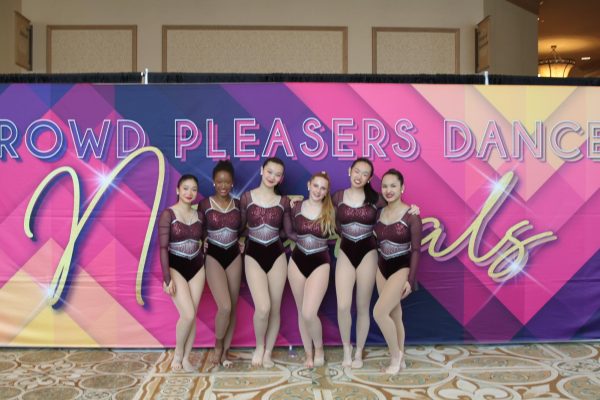
Alvaro Alvarez • Mar 9, 2021 at 11:46 am
I find it interesting how some school districts have very different policies and don’t support certain students the way our school District does
Talia Moghnieh • Mar 9, 2021 at 11:27 am
I think this topic was such a great way to spread awareness, in a very well written article.
Kallisti Clemons • Mar 9, 2021 at 11:23 am
The fact that transgender people are still heavily discriminated against is so shocking to me, especially since Carnegie is so accepting of all genders and sexualities, so it blows my mind that this kind of prejudice is still alive in schools today.
Vivian • Mar 9, 2021 at 11:20 am
Great article! It was very informative. It’s worrisome how some districts are trying to take away transgender students rights.
Roxell • Mar 9, 2021 at 11:19 am
This story made me gasp. I had no idea how bad it was getting, hopefully all looks up soon. Great story!
Nicole Rodil Suarez • Mar 9, 2021 at 11:16 am
You did an amazing job of tying everything together and got an amazing interview
Jonathon Morales • Mar 9, 2021 at 11:11 am
Great writing, it really shows the conflict in this subject, the interview was also really good.
Carys Reyes • Mar 9, 2021 at 11:11 am
The like the use of quotes in this story.
MyTran Vo • Mar 9, 2021 at 11:08 am
I liked how you used quotes in your article, it gave me a lot of insight.
Marcos Delgadillo • Mar 9, 2021 at 10:22 am
This is such an inspiring story. We need to create inclusive spaces where everyone is accepted.